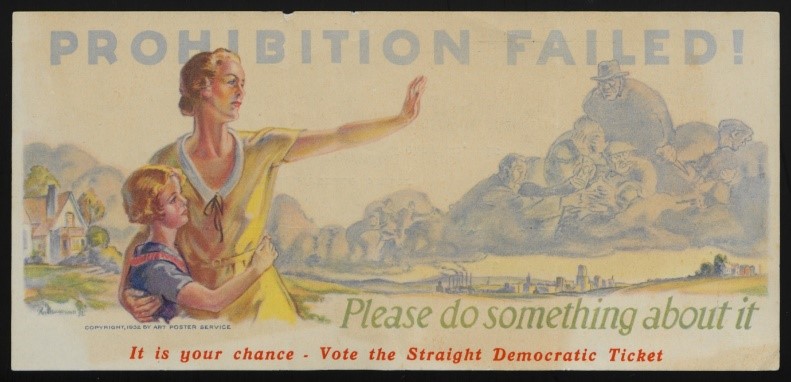Legislation and Legal Cases
The passage of legislation for the advancement of civil and political rights can vary wildly from country to country. Men and women throughout the twentieth and twenty-first centuries worked tirelessly to enact reform within the legal system for gender equality. Documents within Gender: Identity and Social Change highlight the disparities between governments in their readiness to implement legal changes in the face of protests and campaigning.
One of the earliest pieces of legislation to be passed in the United Kingdom was the 1918 Representation of the People Act, which granted enfranchisement to all women over 30 years old who fulfilled requirements for property ownership. There were calls for this type of enfranchisement nineteen years earlier, with one commentator explaining that only women who met an ‘ownership qualification’ should possess franchise. The years leading up to the end of the nineteenth century witnessed an increased vigour for the passing of suffrage legislation in the British Parliament, as evidenced by requests for parliamentary focus on Women’s Suffrage Bills and public speeches advocating enfranchisement.
 franchisement of women should not be based on the race of women.
franchisement of women should not be based on the race of women.Despite being granted enfranchisement, the years succeeding the passage of the Nineteenth Amendment proved to be just as busy for women activists and campaigners due to the passage of the Eighteenth Amendment in 1919 and the advent of prohibition in the United States. Women involved in the temperance movement, whether it be as members of the Women’s Christian Temperance Union or the Women’s Organisation for National Prohibition Reform (which reached a membership number of over 600,000) campaigned hard for the repeal of the Eighteenth Amendment and campaigns were ultimately successful when Congress passed the Twenty-first Amendment. However, not all women’s organisations featured in Gender: Identity and Social Change are anti-prohibition. Documents from Melbourne University on the Woman’s Christian Temperance Union of Victoria illustrate the push for temperance to be enshrined in Australian parliamentary legislation.
The passing of legislation for the enfranchisement of women was just the first step in the granting of better rights for women; over the course of the twentieth century organisations and activists would campaign for better rights related to abortion, employment and education. A significant campaign, which is still being fought for today, is the passage of a proposed Equal Rights Amendment in the United States Congress. The Amendment was first proposed by the National Woman’s Party in 1921 and early documents pertaining to this announcement can be consulted in the resource. The debates regarding the Amendment and its consequences on the rights of women and men were divisive and arguments for and against the Amendment were had throughout the twentieth century.
The Equal Rights Amendment was also seen by the American Association of University Women as a further step in battling the racial discrimination that black women were experiencing in America. Material from the Chicago Men’s Gathering published in the 1970s discusses how black women in America have suffered from both gender and racial discrimination stemming from the nineteenth century Jim Crow laws. It is this racial discrimination which spurred the founding of Black Women’s Hook-Up, as evidenced by its organising principle of achieving “genuine equal opportunity” in “elected, appointed, and organizational offices”.
Some father’s rights activists viewed the Equal Rights Amendment as a passage for equality in the key issue of Joint Custody. Indeed, the latter half of the twentieth century saw an increased focus on legislative changes for the rights of fathers regarding child custody and welfare. The end of the 1970’s witnessed a continued effort for fair and equal custody between parents and proposals for the passage of Joint Custody legislation were also brought up in the following decade.
In contrast to the struggle for the passage of the ERA, an important legislative moment in the United Kingdom came in 1970 when the Equal Pay Act was passed. Correspondence belonging to the Six Point Group highlights the many different conversations that were held about its prospective passage. However, reservations regarding the tangible impact of the Equal Pay Act on women in Ireland and elsewhere in the United Kingdom were being voiced a few years after its passage by prominent organisations. These concerns are indicative of reactions to legislative changes across the twentieth century and as is often the case, changes to the law may not directly result in effective implementation.


